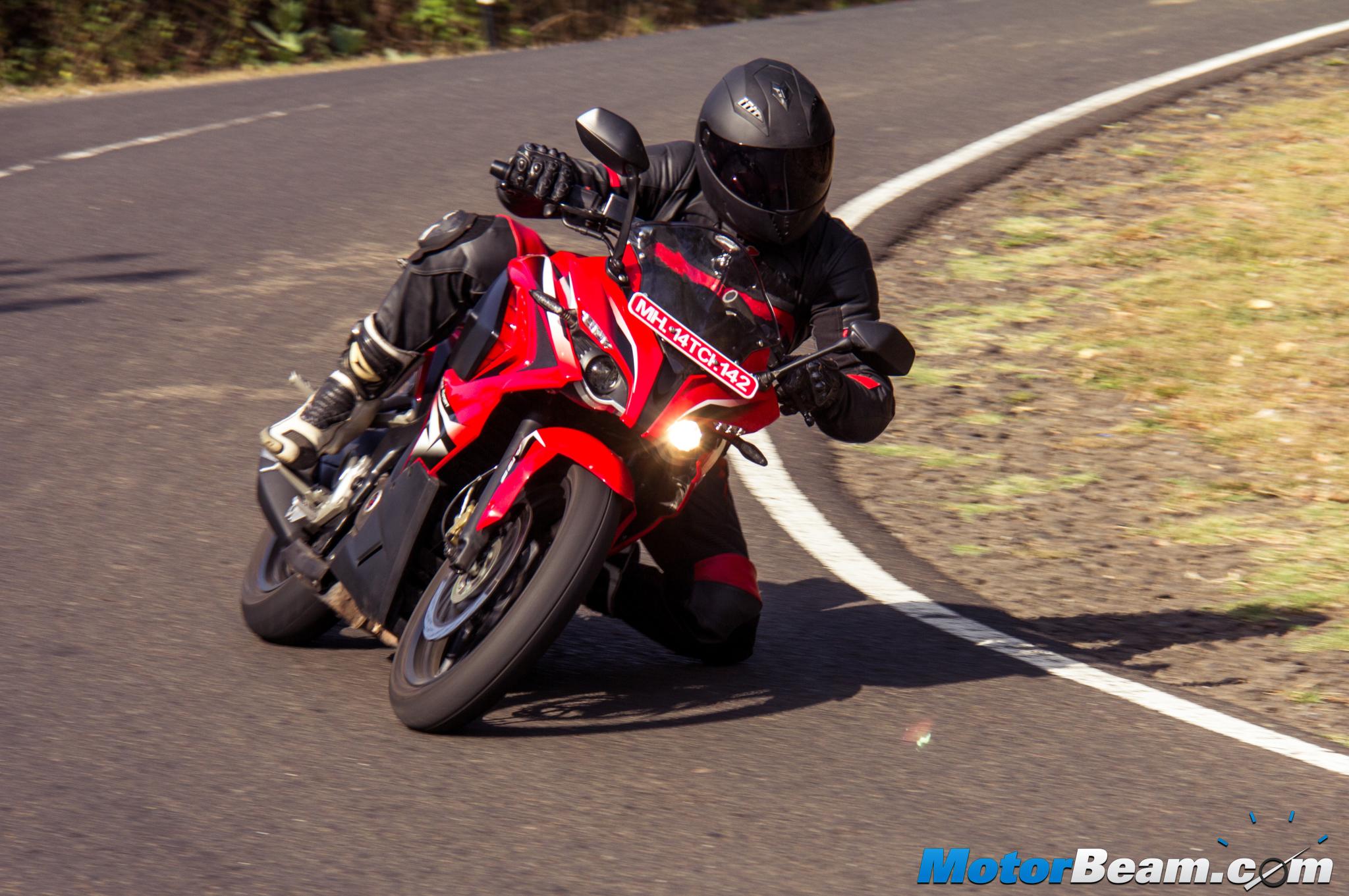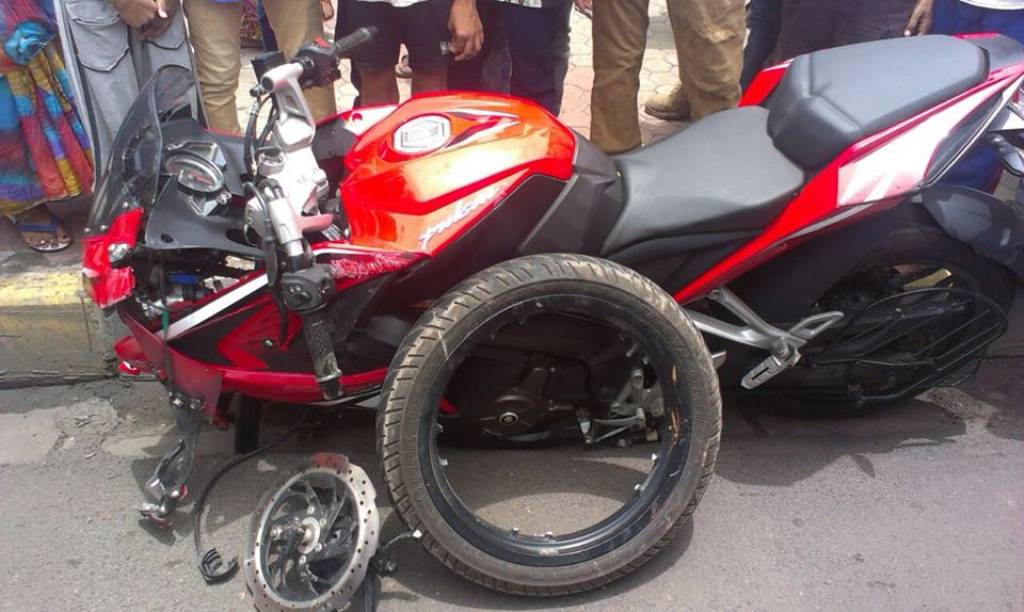Automakers aren’t ready to upgrade to stricter emission norms in India due to the higher cost of technology while Bajaj Auto’s MD states that the Pulsar RS 200 already complies with European norms.

Since last year, the rate of pressure mounting on automakers has been increasing exponentially. From mandating of basic safety features to upgrading the vehicles to meet stricter emission norms, almost all policies on automobiles have been framed against automakers. Though few policies made sense with no or very less economical impact on the industry, while few made a big dent in the kitty of major 4 wheeler manufacturers. The latest and the hottest one is certainly coming from the Capital city, New Delhi; which includes temporary ban on vehicles accommodating diesel engines greater than 2.0-litre capacity and another being the implementation of odd-even rule which is again enforced on private 4-wheelers.
With the above move, companies are bracing up for sales drop as approximately 7% of volumes come from New Delhi itself. No automaker has publicly criticized the move, since the implementation order came from The Supreme Court of India itself. Infact Chiefs like Rajiv Bajaj are in favor of this move. The Supremo of Bajaj Auto supported the ban of big diesel engines and agreed that it was high time for automakers to upgrade their vehicles to stricter emissions norms.
“I agree with their objective of expecting more from car makers, as emission norms in India lag behind those in the developed markets by up to 10 years. When the Pulsar RS 200 sold in India has to, and does, meet European emission norms, there’s no justification for cars not to,” Rajiv Bajaj, MD, Bajaj Auto, said.
Not just Bajaj Auto but there are many automakers who export Indian made models (2 and 4-wheelers) to European and American countries. No wonder what Mr. Bajaj said is true, but it also should not be forgotten that even fuel companies should be in a position to meet the fuel demands of the country. As per the latest fuel policy, the country is scheduled to switch to BS5 emission norms in 2019; currently we are running on BS3 and BS4.





